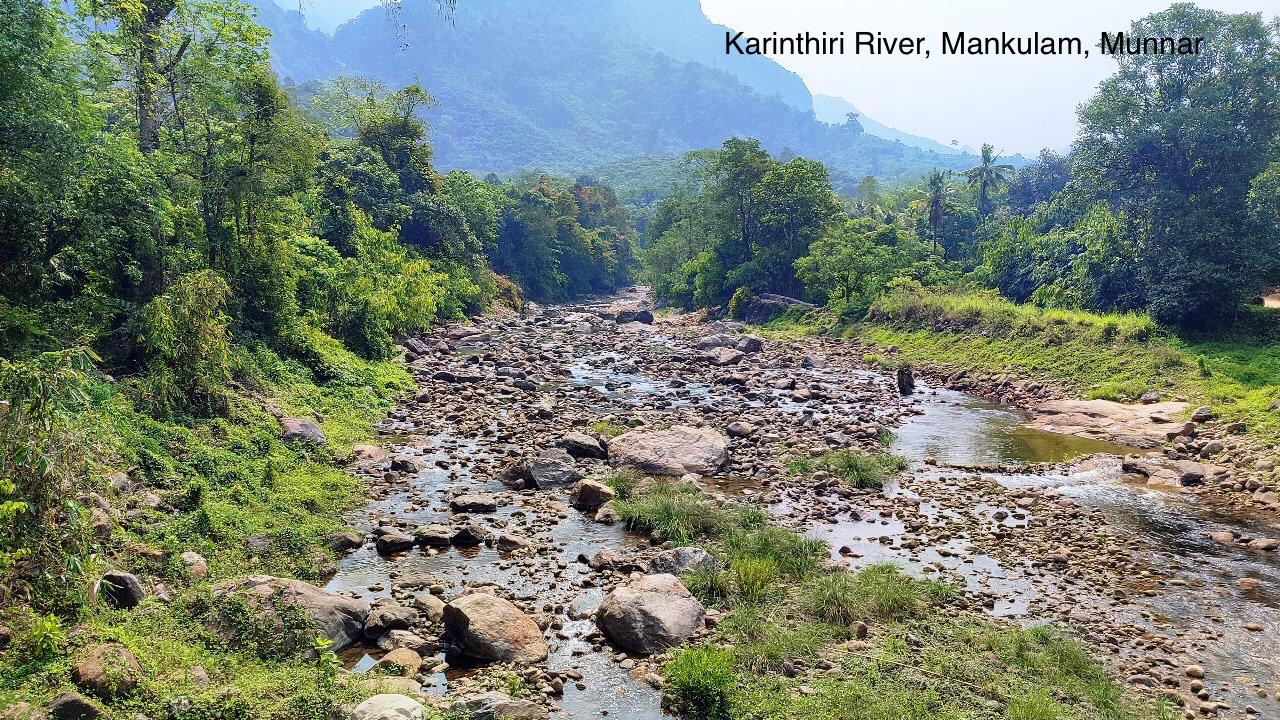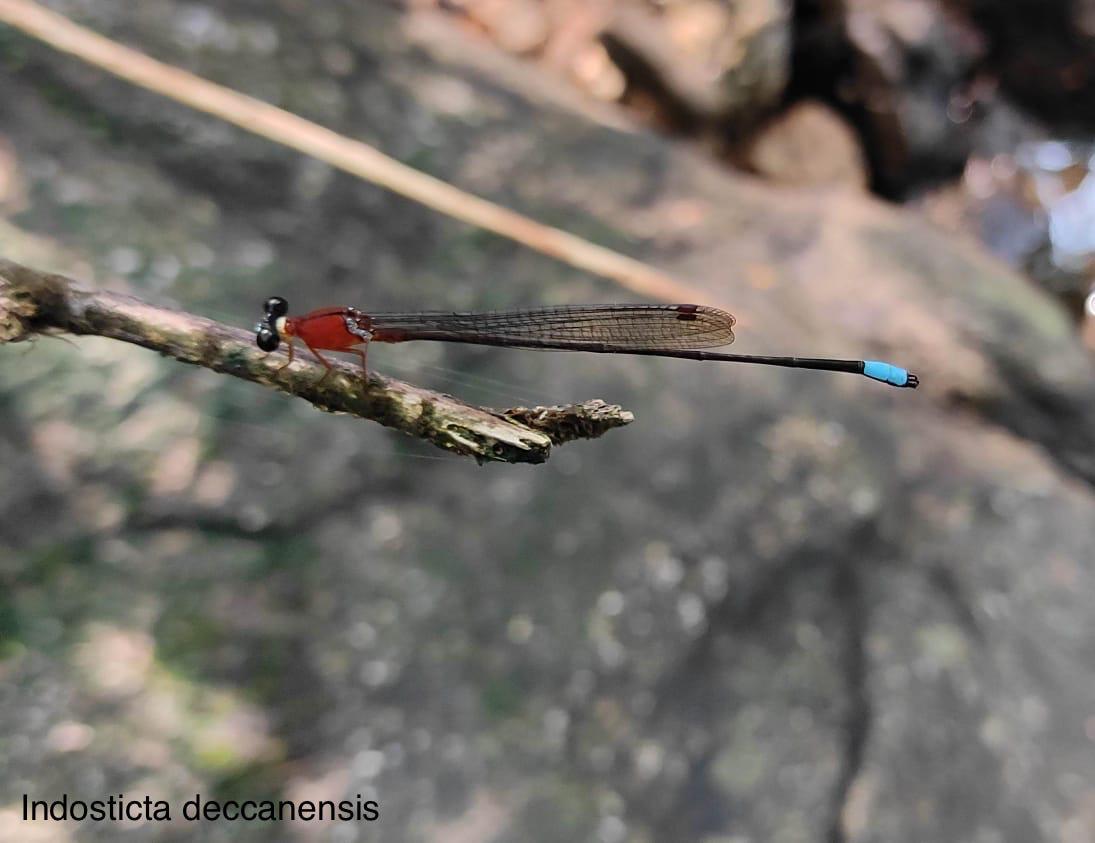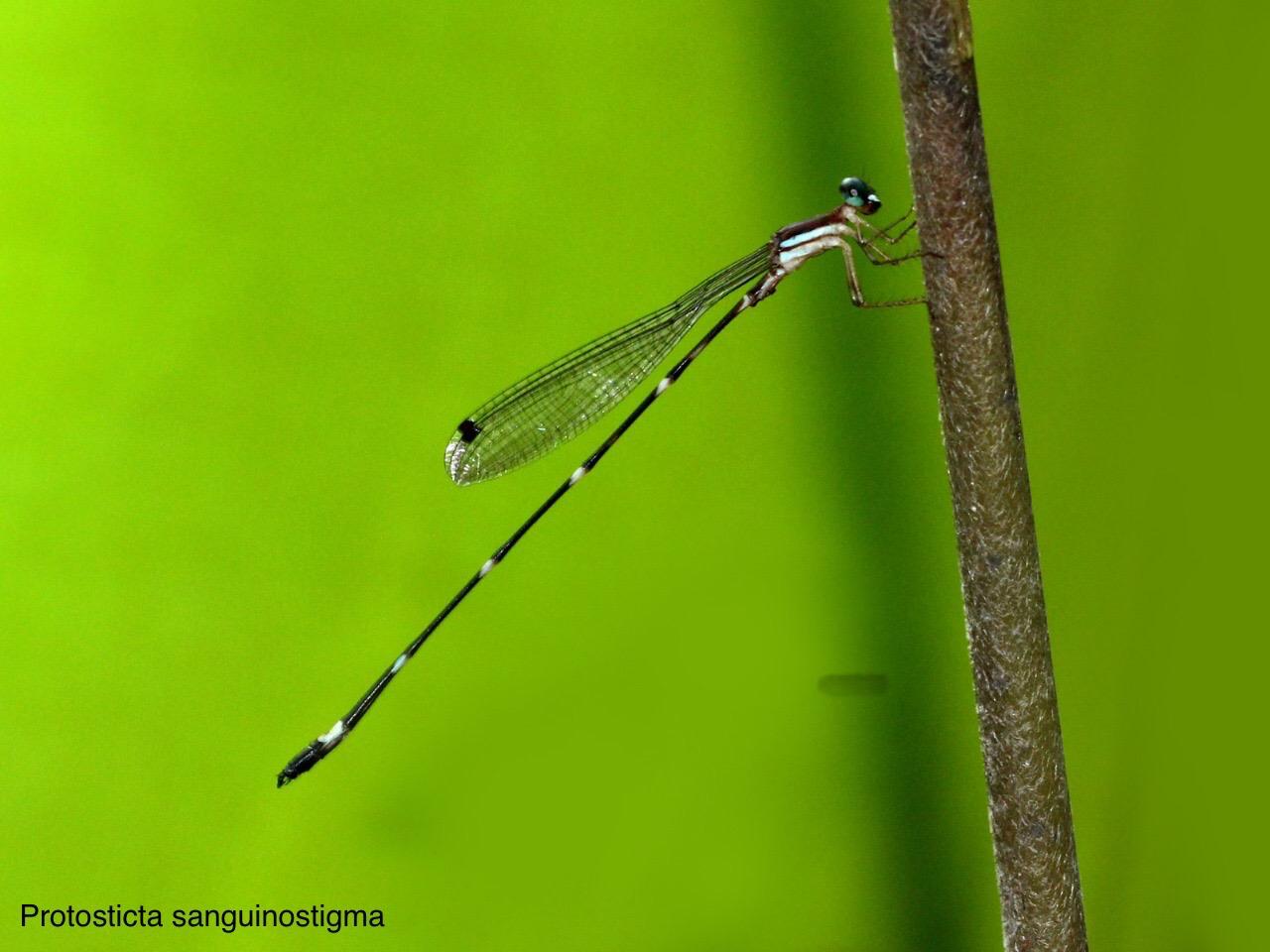
2024-11-22
Supported by Fondation Segré through IUCN Save Our Species program, the project titled "Protection of Freshwater Ecosystems for the Conservation of Threatened Species in Munnar, Western Ghats, India" is dedicated to safeguarding freshwater habitats in one of world's most important biodiversity hotspots. Project addresses multitude of challenges facing Munnar's unique biodiversity, particularly freshwater ecosystems. This region, a vital part of Western Ghats, is under constant threat from human-induced and environmental factors, including climate change, unregulated urbanization, uncontrolled tourism and aggressive chemical farming. Rising temperatures, altered rainfall patterns, and flooding exacerbate vulnerability of endemic and threatened species that rely on these freshwater resources. Large-scale tea plantations have increasingly replaced natural forests, leading to decreased biodiversity, while pollution from industrial discharge, agricultural runoff with harmful chemicals, and tourism-related waste significantly impacted local water bodies.
Water quality in the study area was found to be highly polluted, posing significant health and ecological risks. A total of 28 transects were selected, covering rivers, reservoirs, streams, waterfalls, and dams, with 56 samples analyzed for physico-chemical and biological parameters across two seasons. Presence of E.coli was recorded at 48 locations during dry season (Season 1), reflecting higher pollution levels due to reduced water flow and limited dilution of contaminants. In the wet season (Season 2), while increased water flow and dilution reduced pollutant concentrations, E. coli was still absent in only one location, underscoring persistent pollution in the region. It is also found that salinity of samples has raised drastically during season 2 which was within the limit during season 1. The major reasons behind this are domestic waste discharge, agricultural and farming residues.
To address these, 100 BOMA Biosand Filters were installed across various locations, including households (73), schools (10), Anganwadis (8), dispensaries (4), a factory, two temples, a shop, and an office, improving access to safe drinking water. This intervention has significantly reduced health risks from waterborne diseases, enabling communities to save on medical expenses related to such illnesses. Properly maintained filters have consistently provided potable water free from bacterial contamination. Some users, however, have not maintained filters properly, limiting water quality improvements in certain areas, which will be addressed through additional training sessions. To further mitigate pollution, a model bio-toilet complex was installed, supporting long-term health and ecological benefits for the community.
Another critical threat is introduction of invasive species, such as non-native fish and plants, which disrupt ecological balance and put additional stress on both aquatic and terrestrial species. Infrastructure development close to water bodies has worsened sedimentation, pollution, and habitat fragmentation, further threatening these ecosystems and communities that depend on them. The project aims to mitigate these impacts by focusing on species monitoring, improving water quality, and fostering community awareness, along with promoting sustainable tourism and livelihood opportunities.
To assess the impact of deterioration of freshwater resources on odonate and fish species, seasonal surveys were conducted across 29 sites, tracking species such as Garra hughi and Indoreonectes keralensis (fish), and Chlorogomphus xanthoptera, Protosticta sanguinostigma, and Indosticta deccanensis (odonates), all of which are listed on IUCN Red List and associated with freshwater habitats. Notably, nine sightings of Indosticta deccanensis were recorded in Neriyamangalam, while Garra hughi was observed 16 times initially, with an additional 6 and 7 sightings in subsequent phases at Vaguvurrai—indicating promising signs of the species' persistence in the region.
Protosticta sanguinostigma was recorded at four locations—Perumbankuthu, Mankuzhy, Viripara, and Kuruthikudy—with highest number of sightings at Perumbankuthu. Among surveyed locations, Mankulam exhibited greatest odonate diversity (29 species), followed by Kuwait City (26 species) and Chillithodu (25 species). In contrast, lowest diversity was observed at Mattupetty Echo Point, Kundala, Vaguvurrai, Nallathanni, and Vattavada (3 species).
In fish surveys, conducted at four locations—Vattavada, Vaguvurrai, Nallathanni, and Shanthanpara—species such as Horalabiosa arunachalami, Garra hughi, Poecilia reticulata, and Haludaria fasciata were identified. At Vaguvurrai, Garra hughi was observed with a species density of 16 in first phase, followed by 6 and 7 in subsequent phases, further indicating the species’ ongoing presence in the area.
The absence of sightings of Chlorogomphus xanthoptera and Indoreonectes keralensis has raised concerns about their conservation status, highlighting the possibility of these species being under threat.
Engaging and educating local communities, tourists, and stakeholders on conservation and sustainable practices is another essential component of project. To foster community involvement, 3 educational workshops, seven seminars, and four painting competitions were conducted that reached a wide range of participants, including plantation workers, local residents, students, and tourists. Over 10,000 students in the region have participated, gaining knowledge about the rich biodiversity of the area and the importance of sustainable water management practices. Additionally, 40 informational boards were installed at key tourist spots to provide visitors with insights into local environmental issues, emphasizing the importance of water conservation and the harmful effects of waste on freshwater ecosystems.
To address waste management challenges which is a serious threat to freshwater habitats, particularly in areas with limited waste disposal services, the project is promoting sustainable sanitation solutions. A bio-toilet is currently under construction at Mattupetty KDHP factory premises. This eco-friendly facility will improve community sanitation standards, reduce water consumption, and minimize contamination of local water sources. As part of a larger strategy to promote cleaner and healthier living conditions, these eco-toilets contribute to pollution reduction in the region, aligning with both national and global environmental goals.
The project supports biodiversity conservation and aligns with global sustainability goals, particularly SDG 6 (Clean Water and Sanitation), SDG 14 (Life Below Water), and SDG 15 (Life on Land).
The project is achieving significant outcomes in Munnar by reducing pollution, supporting biodiversity, and enhancing community awareness. Through ongoing species monitoring, water quality improvement, and local engagement, the initiative is establishing a foundation for long-term conservation that benefits both ecosystems and communities. Project's progress contributes to safeguarding freshwater ecosystems of Western Ghats while fostering generation of environmentally conscious individuals equipped to address future conservation challenges. To ensure conservation of threatened species and freshwater habitats in Munnar landscape, it is crucial to scale up current efforts.



